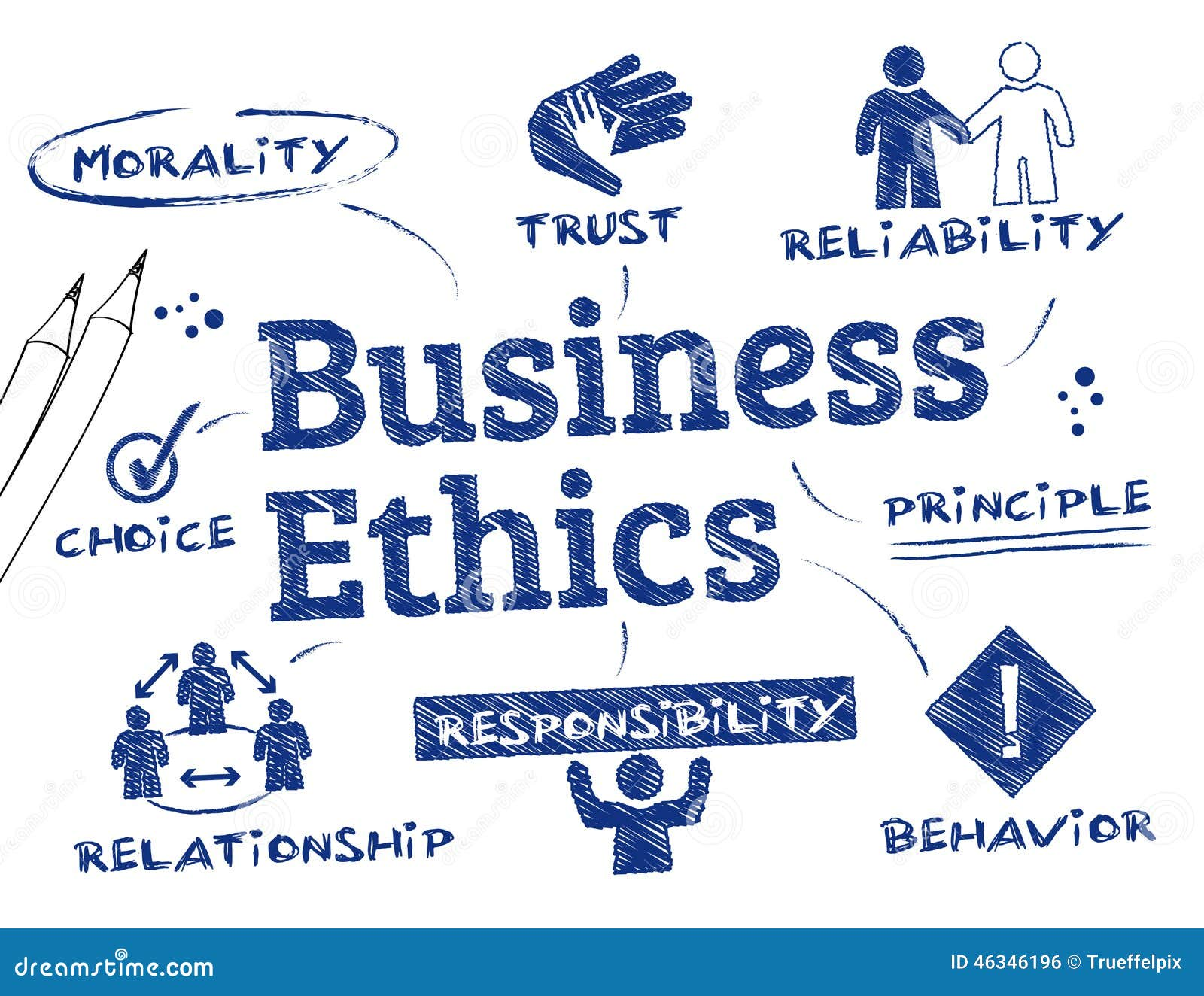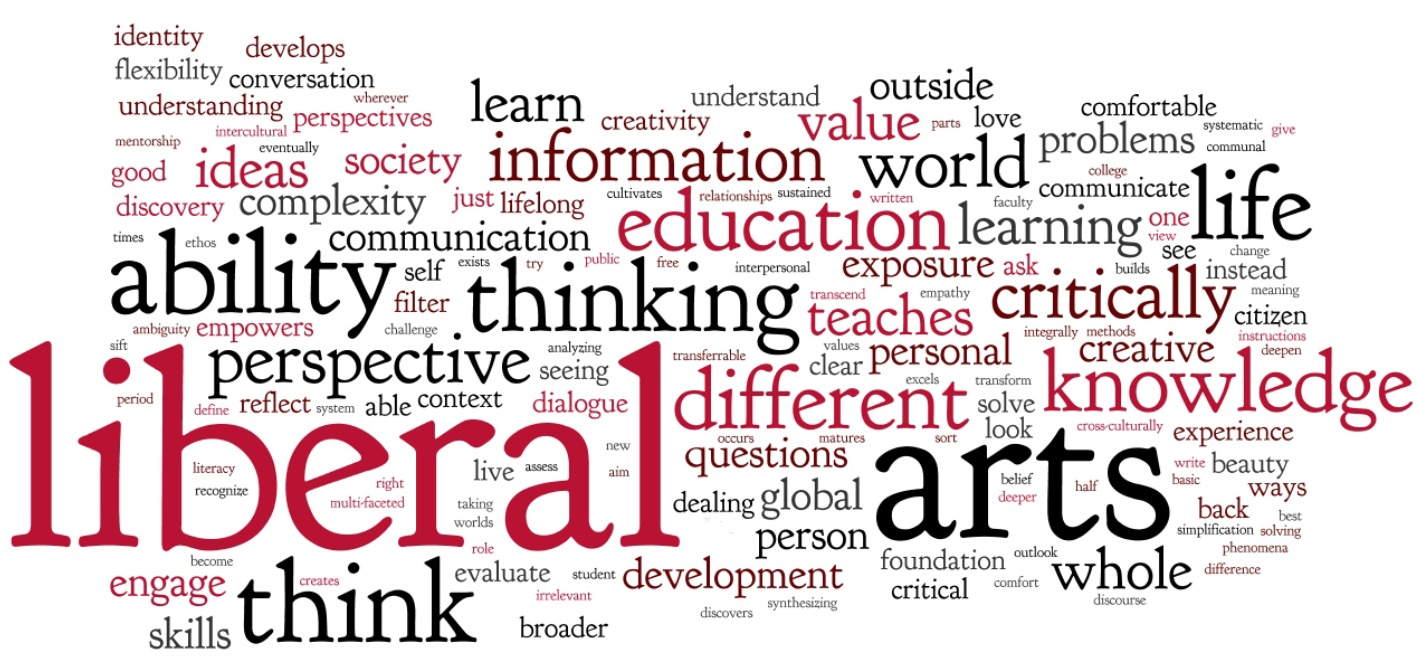Business ethics is a critical component of successful organizational management, guiding leaders in their quest to make fair and responsible decisions. As we navigate a complex landscape filled with legal gray areas, ethical decision-making becomes increasingly essential for preserving corporate responsibility and integrity. Notable figures like Joseph Badaracco have dedicated their careers to examining the fundamentals of business ethics, highlighting their evolution amidst changing technological and social contexts. In his teachings, he emphasizes the importance of balancing ethical considerations with practical business needs, thereby enhancing business leadership effectiveness. A strong commitment to business ethics not only fosters trust among stakeholders but also contributes to a sustainable future for the entire industry.
The principles governing ethical conduct in the corporate realm are integral to understanding how organizations navigate their relationships with various stakeholders. Many leaders grapple with dilemmas that touch upon the moral implications of their choices, particularly in situations rife with ambiguity and conflicting obligations. The interplay of ethical responsibilities and corporate governance has gained prominence, urging executives to adopt a proactive stance in addressing potential conflicts of interest. As discussions around corporate accountability widen, leaders must engage in refined judgment practices, informed by the changing dynamics of global marketplaces and digital advancements. Ultimately, refining the approach to ethical management allows organizations to foster an environment of transparency and trust.
Understanding Business Ethics in Today’s Corporate Climate
Business ethics has become an influential pillar in contemporary corporate governance, and its understanding has evolved significantly over the past few decades. Joseph Badaracco, a prominent business ethicist, emphasizes that rather than merely applying age-old moral philosophies, today’s business leaders often face a complex array of situations that require thoughtful ethical analysis. Many organizations now prioritize ethical decision-making as a core competency, recognizing that navigating legal gray areas is crucial for long-term sustainability and corporate responsibility.
Moreover, the landscape where business operates is continuously shifting due to globalization and technological advancements. Companies today are often involved in multifaceted relationships and supply chains that extend across various jurisdictions and ethical frameworks. This creates heightened expectations for transparency and accountability, compelling leaders to refine their ethical frameworks and decision-making processes to address issues ranging from worker rights to environmental sustainability.
The Spectrum of Ethical Decision-Making
Understanding ethical decisions as a spectrum rather than binary choices can help leaders navigate complex dilemmas more effectively. Joseph Badaracco points out that many ethical challenges, especially those that occupy gray areas, do not present clear-cut solutions. When engaged with ethical decision-making, it is vital to assess who is impacted by decisions, what the risks are, and how various stakeholders perceive the outcomes. These considerations, alongside an awareness of one’s accountability to diverse groups, shape more responsible decision-making.
This recognition of a spectrum in ethical decision-making allows leaders to embrace a more nuanced approach, where seeking consensus and deliberation is crucial. Open dialogue can help mitigate cognitive biases that often cloud judgment, enhancing the potential for responsible outcomes. Organizations that cultivate an environment encouraging collaborative discussions foster a culture of ethical awareness that begins to permeate their operational ethos.
Navigating Legal Gray Areas Modern Leaders Face
In today’s complex business environment, legal gray areas can pose significant ethical challenges for executives. The recent cases of FTX and Theranos highlight the consequences of blurring these vital lines. Rather than a straightforward legal framework, many ethical considerations are intertwined with emotional and relational influences that can obstruct clear judgment. Managers must be equipped with robust frameworks to evaluate these gray areas thoughtfully to avoid decisions that could lead to ethical breaches.
To navigate these murky waters effectively, leaders should engage in rigorous ethical reflection and partner with diverse stakeholders in the decision-making process. By gathering different perspectives, decision-makers can mitigate the risks of bias that often skew judgment. Emphasizing the importance of ethical responsibility while assessing potential rewards can also illuminate pathways that prioritize integrity without sacrificing corporate growth.
The Importance of Corporate Responsibility in Decision-Making
Corporate responsibility has become an essential aspect of strategic business planning. Companies are increasingly expected to operate not just profitably, but also ethically, attending to the welfare of their employees, communities, and global society. Business leaders must embrace this expanded definition of success, understanding that ethical decision-making is crucial in aligning corporate strategies with societal values.
The rise of consumer awareness regarding ethical corporate behavior means organizations cannot overlook the weight of their social responsibilities. Failing to address ethical standards might not only harm their reputation but also diminish long-term profitability. Thus, fostering a culture that integrates business ethics into every level of decision-making ensures that corporate responsibility is prioritized as a fundamental business objective.
Reflections on Ethical Judgments and Decision-Making
Reflective practices play a pivotal role in enhancing ethical judgment among business leaders. As outlined by Joseph Badaracco, reflecting thoughtfully on decisions allows leaders to sift through complexity and ambiguity that often accompany ethical dilemmas. Developing personal routines for introspection—whether through meditation, discussions with trusted colleagues, or creative outlets—can foster a clearer state of mind, empowering leaders to judge their decisions with more equity and insight.
Reflection not only aids personal clarity but also reinforces a culture of accountability. When leaders openly acknowledge their reflective practices, they model a spirit of inquiry and transparency that can permeate throughout the organization. This practice encourages all employees to engage thoughtfully with ethical issues, fostering an environment of ethical vigilance that contributes to overall corporate health.
Cognitive Biases and Ethical Decision-Making
Cognitive biases can significantly distort the ethical decision-making process for executives and managers. Leaders often fall prey to subjective interpretations of right and wrong, particularly when under pressure or facing ambiguity. By understanding these biases, business leaders can develop strategies to counteract them, such as consulting diverse opinions or seeking input from external advisors.
Addressing cognitive biases is essential in encouraging comprehensive evaluations of ethical dilemmas. Leaders should cultivate environments where feedback is welcomed and critical thinking is valued, thereby enabling teams to challenge assumptions and arrive at more balanced decisions. Recognizing and mitigating the influence of cognitive biases enhances the quality of ethical decision-making across the organization.
The Role of Ethical Leadership in Shaping Corporate Culture
Ethical leadership plays a crucial role in establishing and maintaining strong organizational cultures centered around ethics and integrity. As Joseph Badaracco explains, today’s business leaders must exemplify ethical behavior not just in policy but through their actions. By modeling ethical decision-making and engaging in open dialogues about challenges, leaders can create a workplace environment where ethical considerations are paramount.
When leaders prioritize ethics, this commitment resonates throughout the organization, encouraging employees to embrace similar values and contributing to overall morale and productivity. This ethical foundation can ultimately lead to higher employee satisfaction, reduced turnover rates, and improved public perception, which are invaluable assets in a competitive business landscape.
The Interplay Between Business Ethics and Stakeholder Engagement
Understanding the intricate interplay between business ethics and stakeholder engagement is vital for modern organizations. Today, ethical decision-making encompasses consideration not just for shareholders, but for all stakeholders involved including employees, customers, suppliers, and the larger community. This dynamic requires business leaders to align operations with broader ethical standards, which enhances corporate responsibility.
Adopting a stakeholder-centric approach ensures that decisions do not merely reflect profit motives but also address the diverse needs and values of those impacted by business operations. Engaging stakeholders in the decision-making process creates a dialogue that can unveil potential ethical pitfalls, fostering a culture where ethical considerations guide strategic direction.
Reflection as a Tool for Ethical Decision-Making
Reflection is a powerful tool for enhancing ethical decision-making, particularly in high-stakes environments. Business leaders are encouraged to incorporate reflective practices into their routines to gain insight into both their decision-making frameworks and personal biases. By considering past experiences and evaluating decisions against ethical standards, leaders can better discern the moral implications of their choices.
Encouraging a culture of reflection within an organization can empower employees at all levels to engage more thoughtfully with ethical dilemmas. This collective approach can lead to improved decision-making processes and a more ethically-conscious workforce, ultimately aligning business practices with societal values and expectations.
Frequently Asked Questions
What is the significance of ethical decision-making in business ethics?
Ethical decision-making is at the core of business ethics, guiding leaders in navigating complex moral dilemmas that arise in corporate environments. It involves assessing situations not just by legal standards, but also by considering what is morally right and responsible. This process protects a company’s reputation and builds trust with stakeholders.
How does Joseph Badaracco define business ethics in the context of modern challenges?
Joseph Badaracco emphasizes that business ethics today involves a complicated interplay of legal, ethical, and practical responsibilities. Unlike the past, where ethics could be applied through rigid philosophical frameworks, modern business leaders must navigate international contexts, technological impacts, and diverse stakeholder interests to derive ethical solutions.
What role does corporate responsibility play in business ethics?
Corporate responsibility is a fundamental aspect of business ethics, as it reflects a company’s commitment to operate in an ethical manner beyond profit generation. This includes environmental stewardship, fair treatment of employees, and active engagement with communities, fulfilling the broader ethical obligations that businesses have to society.
What are ‘legal gray areas’ and their impact on ethical decision-making?
Legal gray areas refer to situations where laws may be ambiguous or open to interpretation, posing significant challenges for ethical decision-making. Leaders must exercise caution and sound judgment when operating in these areas to avoid potential legal pitfalls while ensuring their actions align with ethical standards.
How can business leadership foster an ethical workplace culture?
Business leadership is crucial in fostering an ethical workplace culture by setting clear ethical guidelines, leading by example, and encouraging open discussions about ethical dilemmas. Leaders should provide training and resources that promote ethical behavior, empowering employees to make principled decisions within the organization.
| Key Points | Details |
|---|---|
| Business Ethics Definition Change | Business ethics has shifted from applied moral philosophy to a focus on situational analysis, emphasizing complex and international contexts. |
| Complex Decision-Making | Executives face multifaceted ethical and legal responsibilities due to entanglements with various stakeholders, complicating their decision-making processes. |
| Spectrum of Ethical Judgments | Ethical decisions often exist as a spectrum, resembling artistic judgments more than straightforward legal ones. |
| Gray Areas in Ethics | Complex situations often lack clear right or wrong answers, leading to reliance on personal judgment amidst conflicting obligations. |
| Decision-Making Strategies | Reflection and analysis of responsibilities, practical outcomes, and personal values are crucial for sound ethical decision-making. |
Summary
Business ethics remains a critical aspect of decision-making in today’s complex corporate landscape. As the ethical challenges faced by business leaders become increasingly multifaceted, understanding the nuances of ethical judgment is essential. Incorporating thoughtful reflection and recognition of responsibilities can significantly guide executives toward making responsible choices, ultimately shaping a more ethical business environment.



